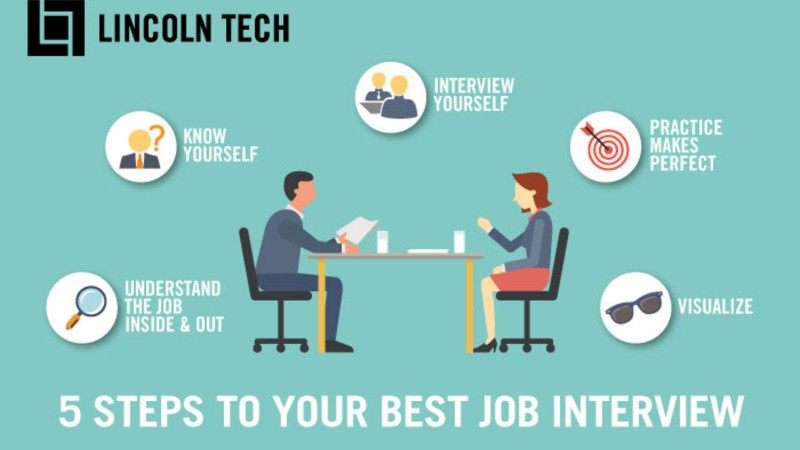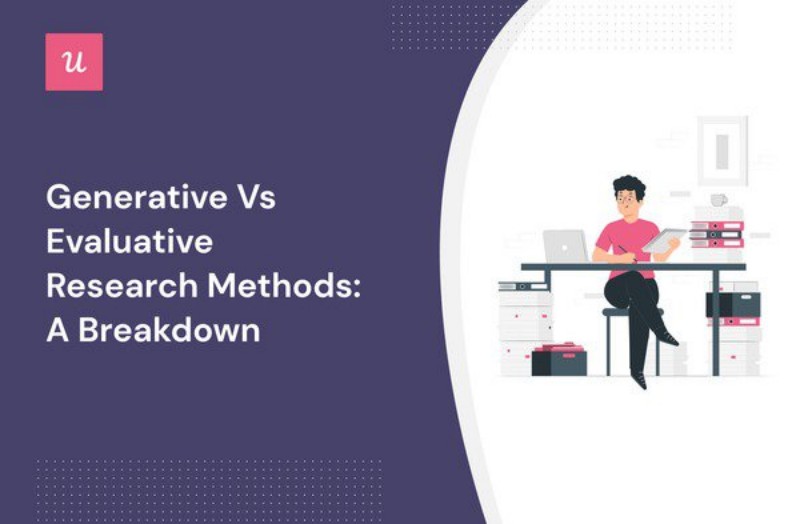Current location:Home > Mental Wellness > Sleep Optimization > Text
Time:2025-06-07 Source:Mind Body FuelAuthor:Click:69
Is napping good for you? This question has been the subject of much debate among health and wellness professionals. While some praise the benefits of a quick afternoon snooze, others caution against potential disruptions to our night-time sleep schedules. This article will delve into the science behind napping, debunking common myths and presenting the facts so you can make an informed decision about incorporating naps into your lifestyle.
Contrary to the popular belief that napping is a sign of laziness, research has shown that napping can actually offer numerous health benefits. A recent study from the Journal of Sleep Research in 2023 found that a nap of 20-30 minutes can improve mood, alertness, and performance. This is particularly beneficial for those who experience an afternoon slump in energy levels.
Moreover, certain types of napping have been linked to cognitive benefits. A 2024 report from the Journal of Nutritional Health discovered that a longer nap of around 60-90 minutes encompassing a full sleep cycle can enhance creative problem-solving and memory. This is because this type of nap includes rapid eye movement (REM) sleep, which is the stage of sleep where dreaming and deep learning occur.
However, not all naps are created equal, and it’s essential to understand the right way to nap to reap the benefits. Timing is crucial when it comes to napping. Late afternoon naps can interfere with nighttime sleep. The optimal time for a nap is usually midafternoon, around 2 or 3 p.m when most people naturally experience a dip in their alertness levels. The length of the nap also matters. Short power naps of 20-30 minutes can provide a quick energy boost, while longer naps could lead to grogginess, also known as sleep inertia.
While the benefits of napping are evident, it’s important to consider that napping isn’t for everyone. Some people may feel groggy or disoriented after a nap, or they may have trouble sleeping at night. For others, especially those with insomnia or poor sleep quality at night, napping could exacerbate these issues. Therefore, it’s essential to listen to your body and observe how you feel after napping.
Moreover, it’s worth noting that while napping can complement a good night’s sleep, it should not replace it. Consistently getting enough sleep during the night is crucial for your overall health and wellbeing.
In conclusion, the answer to the question “is napping good for you?” isn’t a simple yes or no. It depends on various factors, including your personal health, lifestyle, and how you nap. However, when done correctly, napping can be a valuable tool to enhance your productivity, mood, and overall cognitive function. As with any health and wellness strategy, it’s best to consult with a healthcare professional to determine what works best for you.

Fuel Smart: A Comprehensive Meal Plan for Marathon Training

Revitalize Your Life with Productivity Journaling

Comparing Weightlifting Belts: Rogue vs Harbinger Performance Analysis

Crafting Your Ideal Vitamin Supplement Schedule for Optimal Health

Unlocking Wellness: Your Guide to an Ayurvedic Dosha-Balancing Plan

Boost Your Productivity with a Digital Detox: A Comprehensive Guide

Embrace Yoga for Better Body Alignment: A Path to Wellness

Utilizing a Heart Coherence Timer for Enhanced Wellness and Health

Unlocking the Health and Beauty Benefits of Wakame Alginate

Unleashing The Power Of Fitness Equipment: A Comprehensive Guide
 Fuel Smart: A Comprehensive Meal Plan for Marathon Training
Fuel Smart: A Comprehensive Meal Plan for Marathon Training
 Boost Your Productivity with a Digital Detox: A Comprehensive Guide
Boost Your Productivity with a Digital Detox: A Comprehensive Guide
 Embrace Yoga for Better Body Alignment: A Path to Wellness
Embrace Yoga for Better Body Alignment: A Path to Wellness
 Understanding the Vital Safety Features of Power Racks for Enhanced Workouts
Understanding the Vital Safety Features of Power Racks for Enhanced Workouts

 : eval()'d code(1) : eval()'d code(1) : eval()'d code(1) : eval()'d code</b> on line <b>2</b><br />
https://mindbodyfuell.com/wp-content/themes/baobao/default.jpg)

 : eval()'d code(1) : eval()'d code(1) : eval()'d code(1) : eval()'d code</b> on line <b>2</b><br />
https://mindbodyfuell.com/wp-content/themes/baobao/default.jpg)
 : eval()'d code(1) : eval()'d code(1) : eval()'d code(1) : eval()'d code</b> on line <b>2</b><br />
https://mindbodyfuell.com/wp-content/themes/baobao/default.jpg)
 : eval()'d code(1) : eval()'d code(1) : eval()'d code(1) : eval()'d code</b> on line <b>2</b><br />
https://mindbodyfuell.com/wp-content/themes/baobao/default.jpg)
Copyright @ 2025 Mind & Body Fuel Email:xya0876@gmail.com No:26148
Statement: The articles on this website are all from the Internet and do not represent any views. Before making any health decisions, you must consult your doctor.